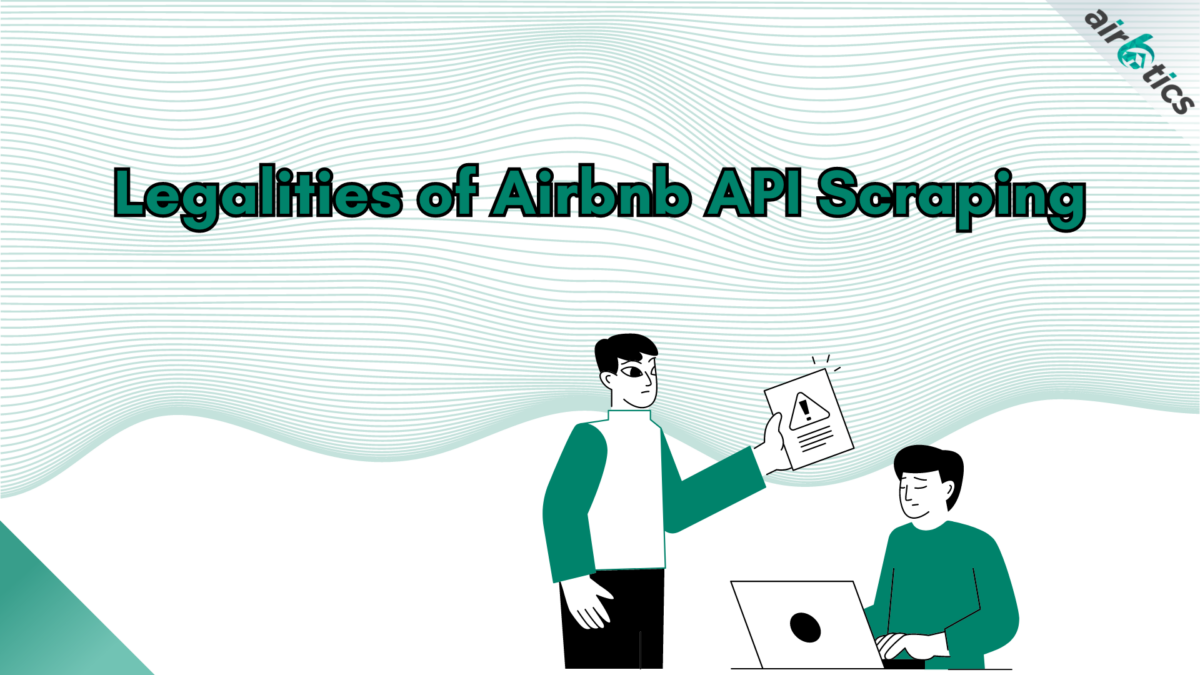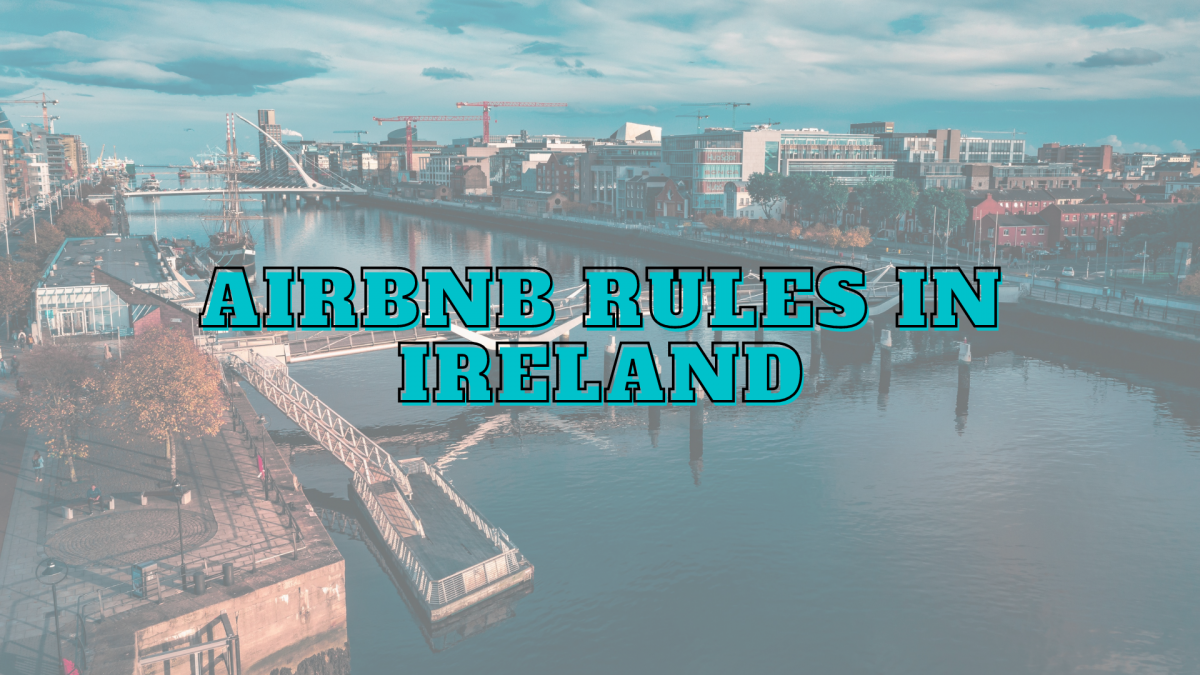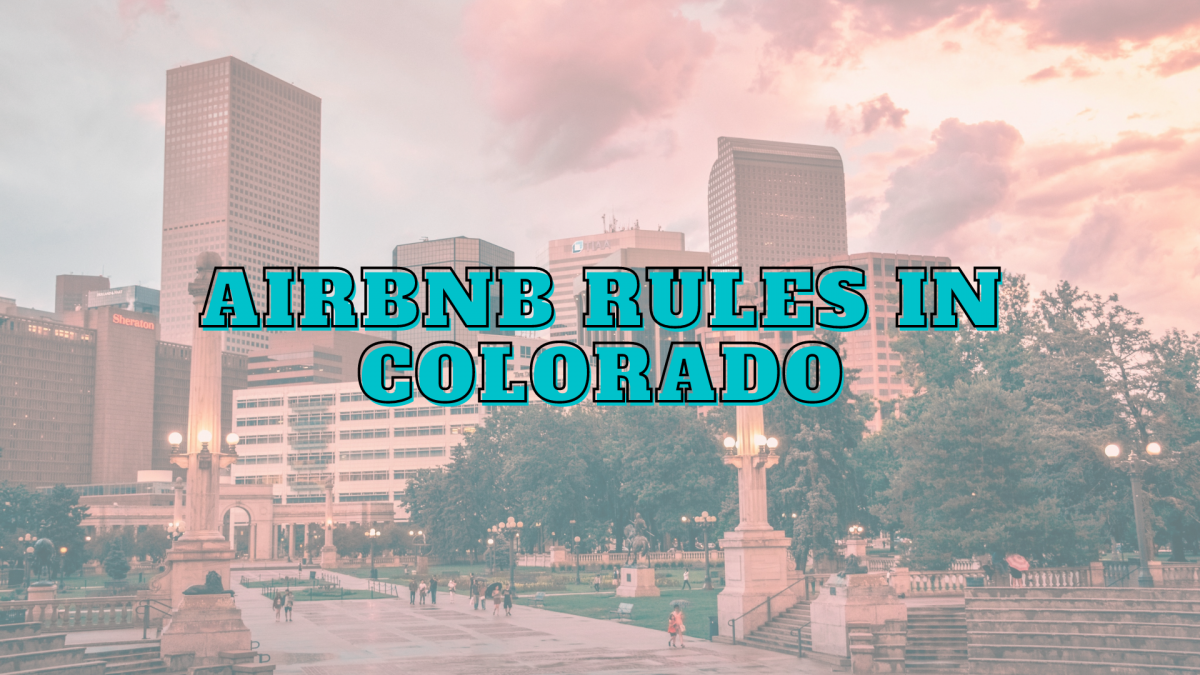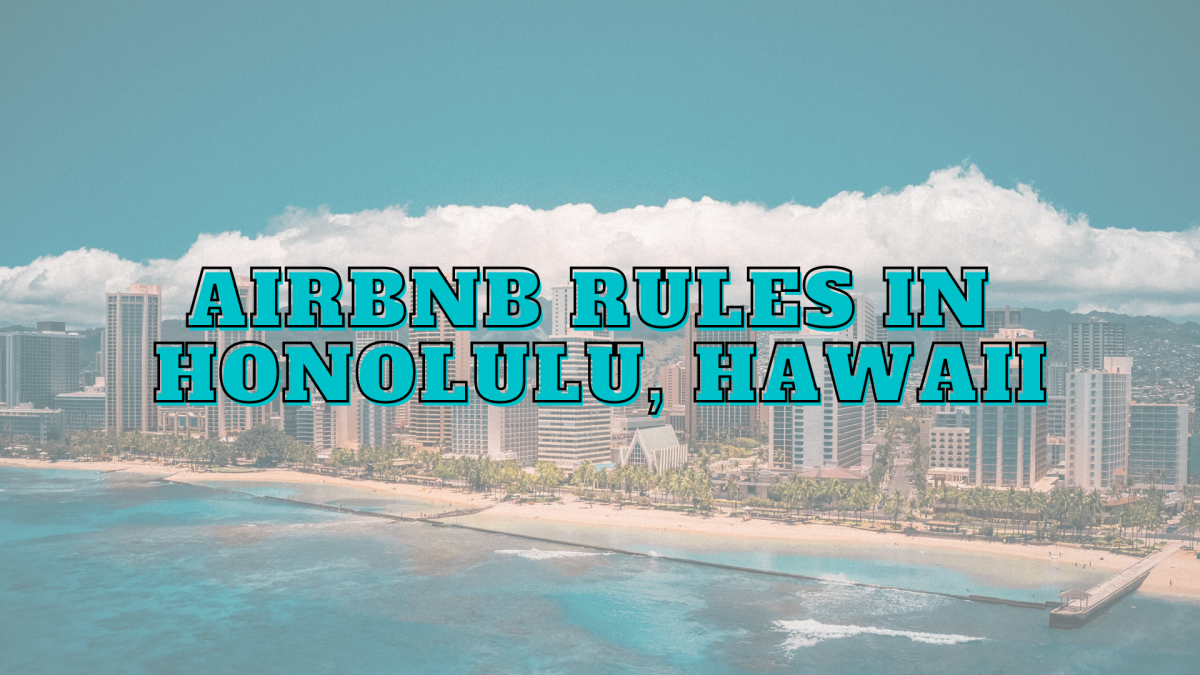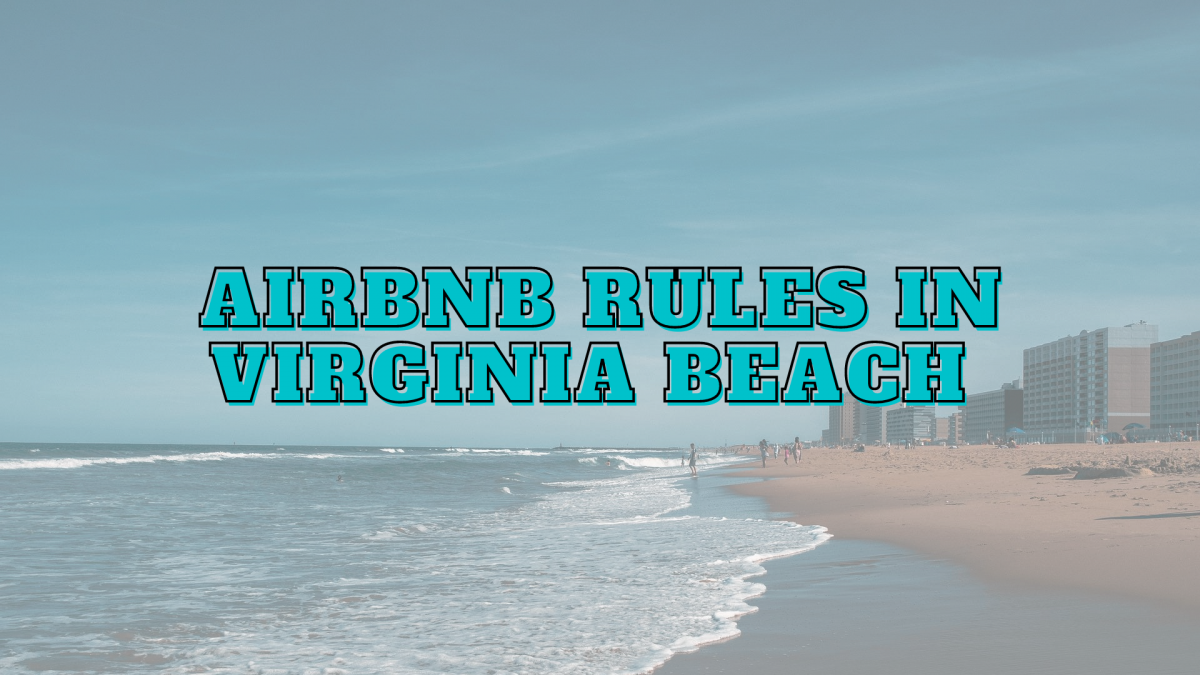Is Airbnb legal in Greece? Be a responsible host and start your Airbnb journey on the right foot by learning the short-term rental regulations in Greece! Home > Resources > Airbnb Rules > STR Regulations for Responsible Hosting: Is Airbnb legal in Greece? Airbnb Rules STR Regulations for Responsible Hosting: Is Airbnb legal in Greece? Is […]





